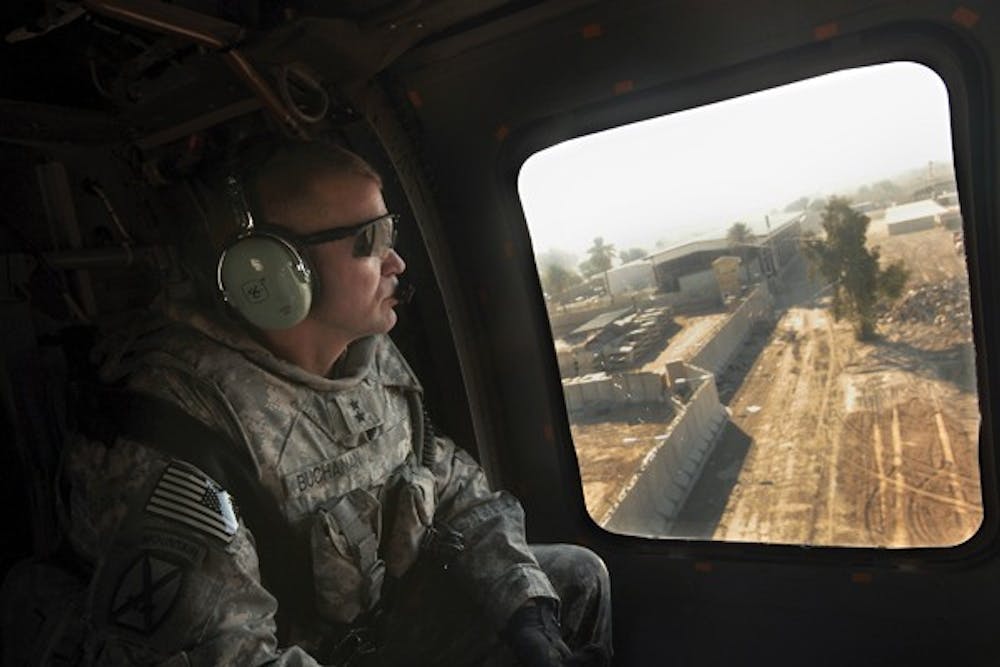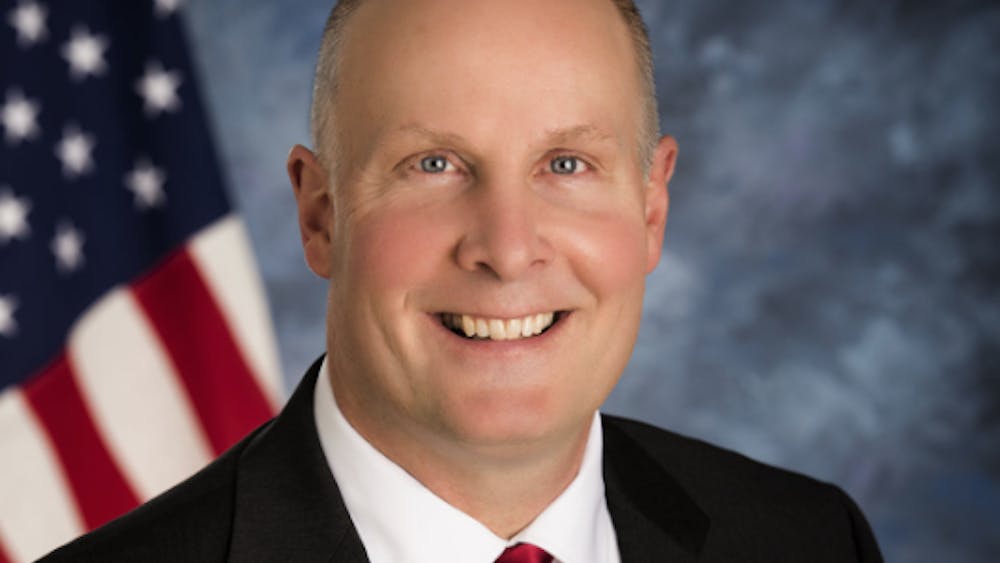Americans believe U.S. should avoid foreign entanglements

Two years after the Iraq War’s end and more than 12 years since the beginning of the ongoing war in Afghanistan, Americans are becoming increasingly disapproving of foreign military interventions.
“The American population is ready for a change in policy when it comes to intervening in the world’s issues,” said Robert Matevich, a member of the College Democrats at Central Michigan University. “This need for change comes from the last 10 years of war. We are tired of war.”
A December poll by Pew Research Center found 52 percent of Americans believe the United States should “mind its own business internationally.”
The number was the greatest since polling began on the matter in 1964.
Matevich said because of war fatigue, Americans are increasingly desiring to avoid foreign conflicts and issues, but to an extent, that is impossible due to the United States’ current power.
“The U.S. may be a declining power in the world system, but until another nation can overtake us (as the leading power), we need to play a role in it,” Matevich said.
Meanwhile, Pew reported 43 percent of Americans believed the war in Afghanistan has made little difference for U.S. security, while 21 percent believe the war made the U.S. less safe.
“You have those two conflicts that are costly and these pluralities think Afghanistan isn’t worth it,” said David Jesuit, a political science professor. “I would think Iraq’s results would be similar, if not having less support.”
Despite polls suggesting the American public believes the United States should remain militarily isolationist, Pew found that foreign trade continues to have popular public support.
Approximately 66 percent of Americans believe greater foreign trade by the U.S. is beneficial, allowing for more growth and opportunities.
“As a liberal hegemon, I think the United States overall makes a positive contribution to global peace and prosperity,” Jesuit said.
The United States’ international policing role in advocating for liberal principles, such as free trade and human rights, has been at times hypocritical, but beneficial Jesuit said.
However, he said at a certain point, additional military spending leads to further conflicts and less safety in a predicament known as a security dilemma.
For example, Jesuit said a ballistic missile defense system would negatively impact the United States’ safety. This is because China has said it views such action as aggressive behavior and should the United States attack, it would have an advantage due to the system.
“You think the United States would be safer with a missile ballistic system, but in fact, it is less safe,” Jesuit said. “Obviously, you still require maintaining a credible military deterrent, but we’re at a point where you have to imagine how much $700 billion in security buys you.”
Nevertheless, Jesuit said he believes a liberal hegemonic state such as the United States is necessary to keeping relative peace and prosperity.
“When there’s a concentration of power in the international system, we have times of international peace and cooperation,” Jesuit said. “What if Nazi Germany were the hegemon, would it still be good for the international system? I don't think so.”



